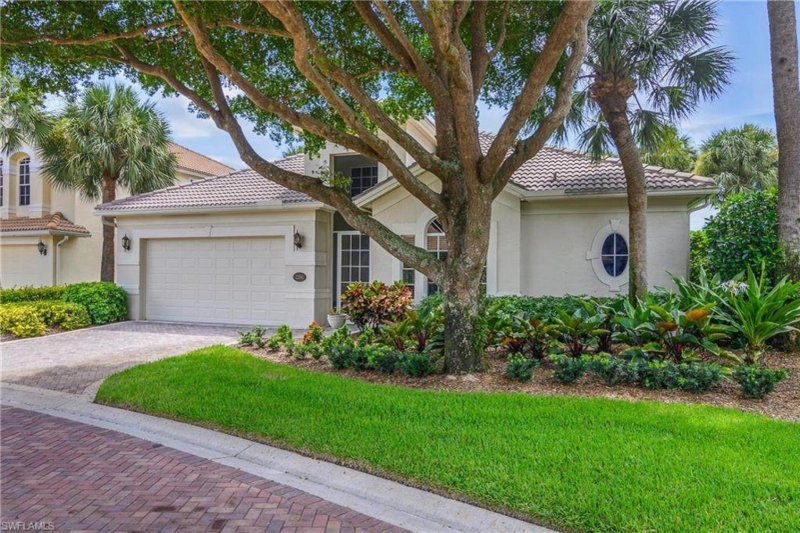Are you dreaming of an ideal retirement home filled with sunshine, travel, and grandchildren? Unfortunately, those dreams can get clouded over by the harsh reality of financial limitations.
If you're nearing retirement age and find your nest egg a little smaller than you'd hoped, a reverse mortgage might be a solution worth exploring.
But before you jump in, it's crucial to understand the intricacies of this financial tool. Read this blog by real estate experts and delve into reverse mortgages and see if they can unlock the door to an earlier retirement.
What is a Reverse Mortgage?
Unlike a traditional mortgage, where you pay the bank every month, a reverse mortgage allows seniors 62 and older to access the equity they've built up in their homes. Essentially, the bank pays you, and you don't owe them anything until you sell your home, move out permanently, or pass away.
There are three main ways to receive funds from a reverse mortgage:
Fixed monthly payments: This option provides a steady stream of income throughout your retirement.Line of credit: This acts like a credit card, with a limit based on your home equity. You can access this line of credit as needed.Lump sum: This option allows you to receive a large sum of money upfront.Benefits of a Reverse Mortgage for Early Retirement
A reverse mortgage can be a valuable tool for those looking to retire sooner:
Increased Cash Flow: The additional income from a reverse mortgage can bridge the gap between your retirement savings and your desired lifestyle. This financial security can allow you to retire comfortably without delaying your plans.
Debt Elimination: Use the funds from a reverse mortgage to pay off existing debts like your current mortgage, freeing up a significant portion of your monthly budget for other expenses.
Improved Quality of Life: The extra money can be used for healthcare costs, home modifications to age in place, travel, or pursuing hobbies, all of which can significantly enhance your retirement experience.
Stay in Your Home: Unlike selling your home to access equity, a reverse mortgage allows you to remain in your familiar surroundings throughout your retirement.
Things to Consider Before Taking the Plunge
While a reverse mortgage offers enticing benefits, it's not without drawbacks:
Decreased Equity: The longer you stay in your home and access funds, the less equity you'll have to leave to heirs.Debt Grows Over Time: The interest on a reverse mortgage accrues over time, reducing your home's equity even faster.Risk of Loan Default: If you fail to pay property taxes or homeowners insurance, you risk losing your home.High Upfront Costs: Expect origination fees, closing costs, and mortgage insurance premiums, which can eat into your initial proceeds.Understanding the Eligibility Requirements
Not everyone qualifies for a reverse mortgage. Here are the main requirements:
Age: You must be 62 years of age or older.Homeownership: You must own your home outright or have a very small remaining mortgage balance.Occupancy: The home must be your primary residence.Financial Counseling: You'll be required to attend a government-approved counseling session to understand the implications of a reverse mortgage.Alternatives to Consider Before Choosing a Reverse Mortgage
Before committing to a reverse mortgage, explore other options to ensure it's the best fit:
Downsizing: Selling your current home for a smaller, more affordable one can free up capital and reduce your living expenses.Delaying Retirement: Working a few extra years allows you to contribute more to your retirement savings and Social Security benefits.Part-Time Work in Retirement: Consider supplementing your retirement income with a part-time job you enjoy.Key Factors to Consider When Choosing a Reverse Mortgage Lender
When shopping for a reverse mortgage lender, prioritize the following:
Experience: Choose a lender with a proven track record in handling reverse mortgages.Interest Rates: Compare interest rates and terms from multiple lenders to get the best deal.Fees: Be transparent about all upfront costs and ongoing fees associated with the loan.Reputation: Research the lender's reputation and customer reviews online.How to Navigate the Reverse Mortgage Process
The reverse mortgage process involves several steps:
Counseling: Attend a mandatory counseling session to understand the loan's implications.Appraisal: Your home will be appraised to determine its value and available equity.Loan Application: Submit a formal application with the chosen lender.Closing: Once approved, finalize the loan with closing costs and disbursement of funds.Using a Reverse Mortgage Responsibly
Budgeting: Create a realistic budget to ensure the funds from your reverse mortgage are used wisely and last throughout your retirement.Property Maintenance: Don't neglect essential home repairsand maintenance, as a deteriorating property can affect its value and potentially lead to default.Heirs Communication: Discuss your decision with your heirs and explain how a reverse mortgage will impact their inheritance.Tax Implications: Consult a tax advisor to understand how a reverse mortgage might affect your tax situation.Buy a home in Naples.
Ready to see if a reverse mortgage could help you retire sooner? Contact Southwest Florida REGROUP—MVP Realty today! Their experienced real estate agents can guide you through the process, helping you make an informed decision for a secure and enjoyable retirement.
Reach out now for a consultation with their real estate experts!
About the Author
Jane Spencer is a seasoned financial writer with over a decade of experience specializing in retirement planning and home equity solutions. She is passionate about helping individuals navigate complex financial decisions to secure a comfortable retirement.


